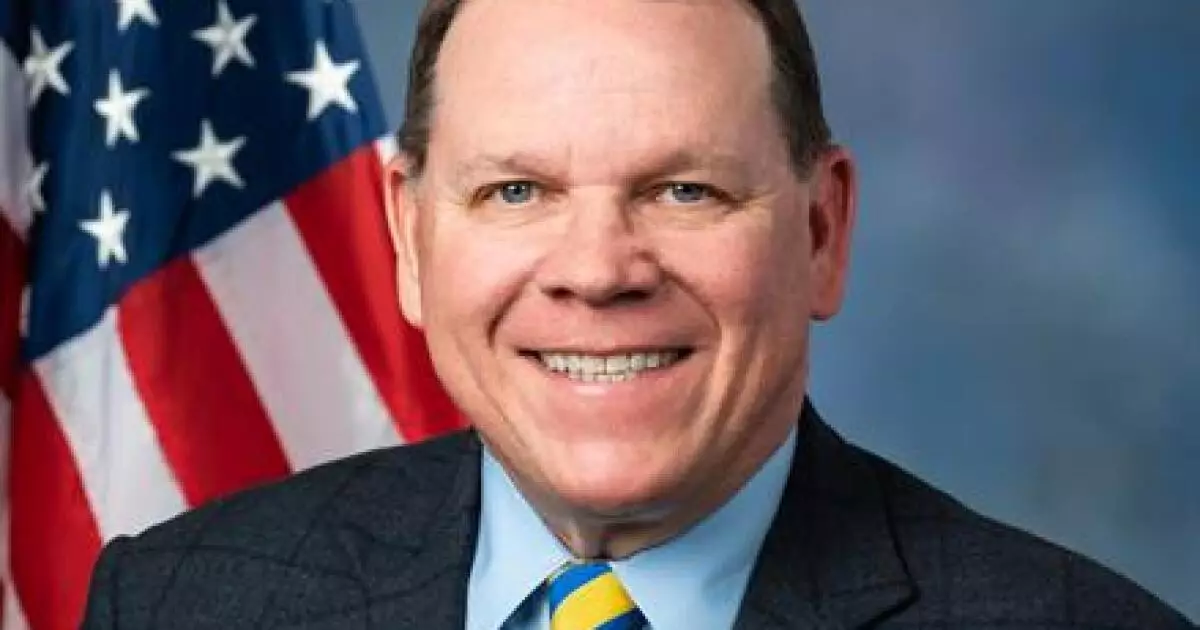The House Committee on Transportation and Infrastructure has expressed growing concern over the Department of Transportation’s sluggish distribution of funds from the Infrastructure Investment and Jobs Act (IIJA). Since the enactment of the IIJA, the Department has received over $364 billion in funds. However, only a little over half of these funds have been obligated, with a mere 27% being outlaid. This slow pace of distribution has prompted Committee Chair Rep. Sam Graves, R-Mo, to demand answers from the Department regarding the delays.
During a committee hearing featuring testimony from DOT Secretary Pete Buttigieg, discrepancies in the interpretation of the data emerged. While Graves raised concerns about the slow progress, Secretary Buttigieg presented a different perspective, stating that roughly half of the available funding has been disbursed, positioning the Department at the midpoint of the five-year authorization period. Despite this, Buttigieg acknowledged the need for simplifying the process of tapping into these funds and outlined the agency’s plan to address existing challenges and streamline the distribution process.
Challenges in the Relationship Between the Highway Trust Fund and Electric Vehicles
The complex relationship between the Highway Trust Fund and the impact of electric vehicles, which do not contribute through the federal gasoline tax, has also been a topic of discussion. Various states have taken matters into their own hands by increasing gas taxes to mitigate revenue losses. However, the lack of a federal-level solution poses a significant concern for the future sustainability of the Highway Trust Fund. Secretary Buttigieg highlighted the impending need for Congress to address this issue by 2026 to determine the viability of the user-pays principle or explore alternative funding mechanisms for maintaining the nation’s infrastructure.
Another innovative concept proposed to expedite infrastructure funding is the establishment of a toll credit exchange market, allowing states to trade excess toll credits to cover match requirements for federally funded projects. This initiative, facilitated by the IIJA legislation, aims to enhance the efficiency of utilizing toll credits across state lines and maximize their value in infrastructure development. Rep. Chris Pappas, D-N.H., emphasized the importance of this exchange market in optimizing resources for infrastructure projects and ensuring greater financial flexibility for states. Secretary Buttigieg acknowledged the progress made by the Federal Highway Administration in implementing this program, highlighting its potential impact on facilitating interstate infrastructure development.
In a recent announcement, the DOT unveiled $1.8 billion in awards for 148 projects nationwide under the Rebuilding American Infrastructure with Sustainability and Equity discretionary grant program. This significant investment reflects the government’s commitment to advancing sustainable and equitable infrastructure projects across the country. Secretary Buttigieg emphasized the collaborative nature of these projects, underscoring that none of them were initiated solely within the confines of the USDOT headquarters in Washington, D.C. This widespread distribution of funds underscores the importance of decentralized decision-making and community involvement in driving meaningful infrastructure development initiatives.
The House Committee on Transportation and Infrastructure’s oversight role in monitoring infrastructure spending is critical to ensuring efficient and timely utilization of funds for national projects. The Department of Transportation must address the identified gaps in fund distribution, streamline bureaucratic processes, and explore innovative solutions to accelerate infrastructure development and address emerging challenges. By fostering collaboration between federal, state, and local stakeholders, the committee can play a pivotal role in advancing sustainable and resilient infrastructure systems that benefit communities across the United States.

